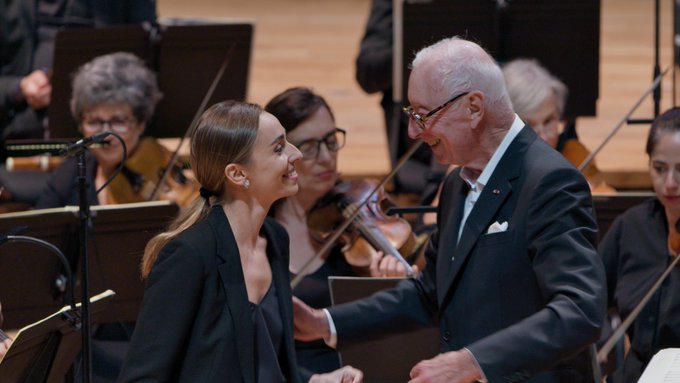As artificial intelligence invades all domains of so-called "reality", remember that utopia was a antecedent to science-fiction. After Thomas More Utopia book (1516), this fictional "perfect" democratic society, in contrast to the then monarchies. Describing this on a far-away non-reachable place was a means to avoiding difficulties (from clerics, kings). Since then, this word describes an imaginary society possessing desirable traits (equality in justice, origin, economics, harmony etc.). Or the converse: a extremely unwishable place. It was altered to eutopia (eu- for good, or optimstic : Plato's "Republic", Tommaso Campanella's "City of the sun", Samuel Butler's "Erewhon", aka nowhere, almost backward) or dystopia (dys- for bad or pessimistic, think about 1984, "We" by Yevgeny Zamiatin, "Brave new world" by Aldous Huxley). In speculative fiction, one distinguishes subgenres like utopian/dystopian fiction.
It can be extended to uchronia (or dyschronia) when we include different paths in time, like alternate history.
With the advent of "artifical intelligence", let us use the neologism "AIchronIA", inspired by a tweet by Greg Egan of LLM (or Large Language Models):
Don’t forget that in 2025, the days of the week will be determined by your favourite LLM, trained on day/month pairs from 2004-2023. So Jan 2 will have odds of:
- 1/10 of being Tuesday or Thursday
- 3/20 of being Wednesday, Friday, Saturday, Sunday
- 1/5 of being Monday
With generative IA, we are bound to new calendars.As time and space are intricate, we may not need the relative term AItopIA. Not yet.
Note: this idea could be related to "IA" meaning "Intelligence artificielle" in French (and possibly other latin-based languages), being a suffix -ia, like in Brian Aldiss sci-fi trilogy Helliconia.
 , science
, science